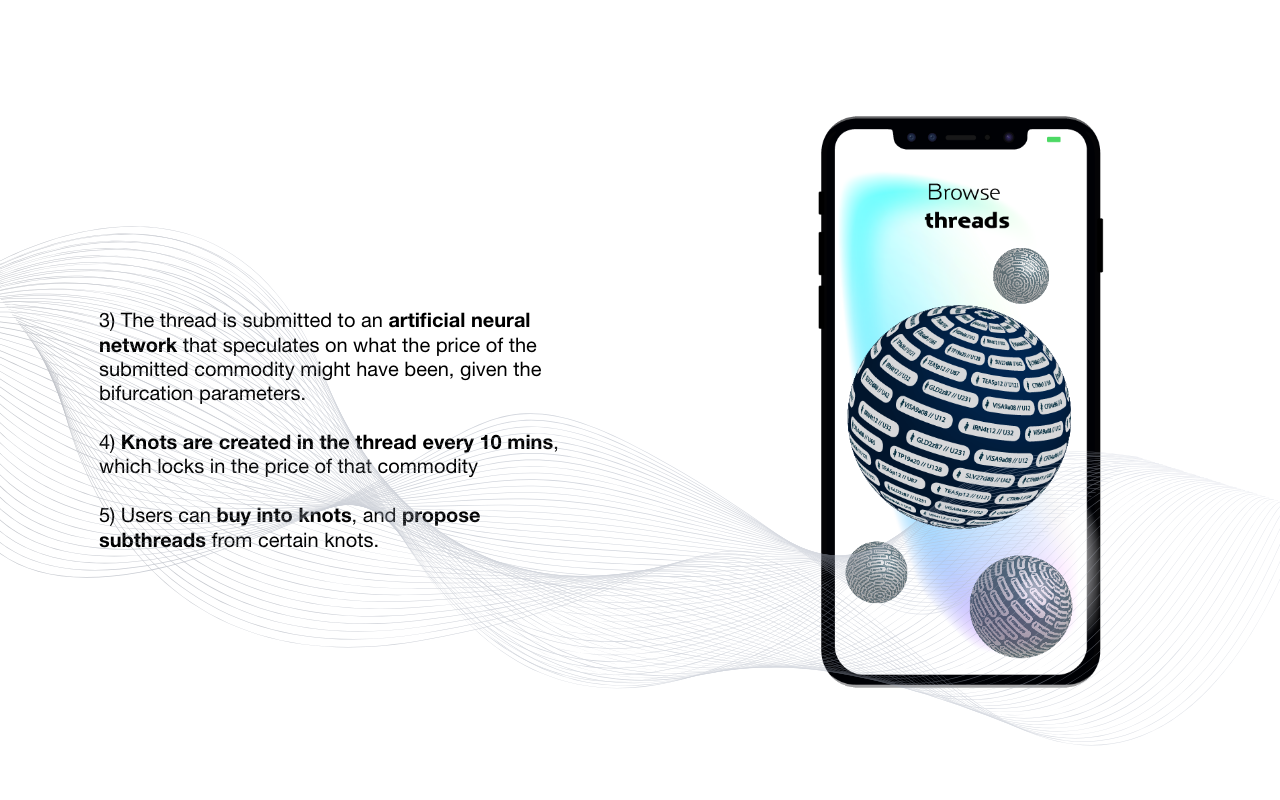Uni: a Speculative Currency based on the Everett Many-Worlds Interpretation






UNI is a speculative currency based off of Everett's Many-Worlds Interpretation. It allows users to invest in currencies in parallel universes - the value of which is determined by artificial neural networks that consider a myriad of systemic influences on commodity prices based on bifurcation parameters. By investing in speculative commodity values, users can hedge their investments against disaster and high-level risk - presenting a unique opportunity to low-income users who can invest in UNI as a form of disaster insurance and safety net.
How does UNI work? Take the COVID-19 pandemic. The moment it jumped from animal to human is a bifurcation event. According to mathematical modelling of coronavirus (doi.org/10.1016/S1473-3099(20)30144-4), COVID-19 had a 17% chance of jumping. We happen to live in the universe where it did, but there is a universe that exists in that other 83% where it didn’t. Now let's consider the current price of oil, which has cratered due to COVID-19. What if you could invest in the price of oil in that parallel universe where the pandemic never occurred? Enter: UNI.
UNI is built off of a consensus model that requires validation from community members as to what events qualify as bifurcations. Users are incentivized to provide proof of work by submitting thread proposals. Once 51% of community members have bid on the 0-knot, the thread is validated and the user is rewarded with 1000 unis. Threads are then submitted to neural networks, which speculate on the systemic influences that determine the price of commodities. Knots are created in the thread every 10 minutes, which locks in the price of that commodity at that time. Users can buy into knots, or propose subthreads based off of speculations on how other commodities might be affected in this parallel universe.
UNI can be traded for fiat currencies via 3rd party exchange markets, and are able to be traded among users through the platform. Users who might not be able to independently buy into threads, or show proof of work by themselves due to limited access to peer-reviewed source material, can also partner with each other and propose as groups, lowering the barrier of access to financially disadvantaged or marginalized demographics. However, should any one group be viewed as too powerful, consensus measures by community members can be enforced to break up potential monopolies.
There are lots of forecasting and disaster-predicting industries, many of which aim to inform users of what is to come, and how to protect themselves. What UNI offers is protection against bad forecasting. If you can invest in a commodity no matter your current situation - assuming that the event qualifies as a bifurcation - then you are effectively, not at risk. At all. Ultimately, what UNI promises is total protection against disaster in this life, or any other.